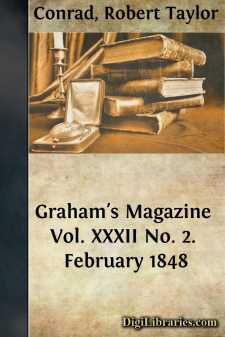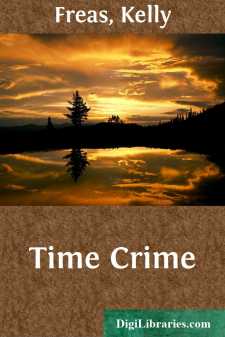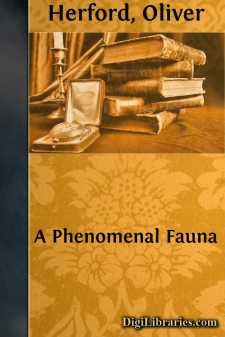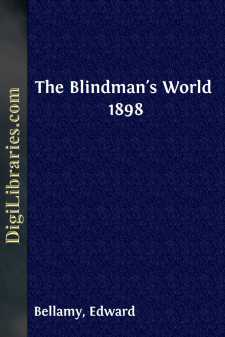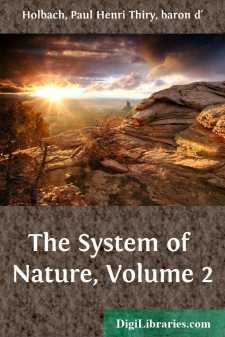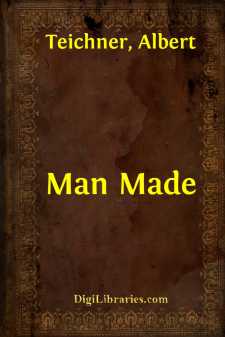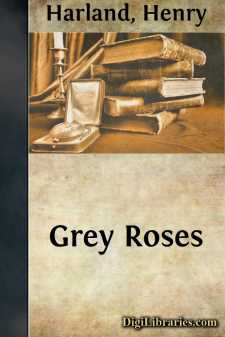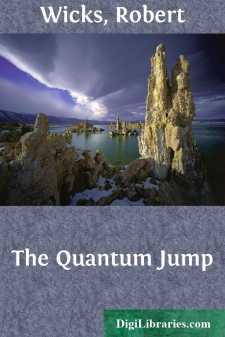Categories
- Antiques & Collectibles 13
- Architecture 36
- Art 48
- Bibles 22
- Biography & Autobiography 813
- Body, Mind & Spirit 142
- Business & Economics 28
- Children's Books 17
- Children's Fiction 14
- Computers 4
- Cooking 94
- Crafts & Hobbies 4
- Drama 346
- Education 46
- Family & Relationships 57
- Fiction 11829
- Games 19
- Gardening 17
- Health & Fitness 34
- History 1377
- House & Home 1
- Humor 147
- Juvenile Fiction 1873
- Juvenile Nonfiction 202
- Language Arts & Disciplines 88
- Law 16
- Literary Collections 686
- Literary Criticism 179
- Mathematics 13
- Medical 41
- Music 40
- Nature 179
- Non-Classifiable 1768
- Performing Arts 7
- Periodicals 1453
- Philosophy 64
- Photography 2
- Poetry 896
- Political Science 203
- Psychology 42
- Reference 154
- Religion 513
- Science 126
- Self-Help 84
- Social Science 81
- Sports & Recreation 34
- Study Aids 3
- Technology & Engineering 59
- Transportation 23
- Travel 463
- True Crime 29
Sort by:
The Manor of Stoke, with its magnificent mansion and picturesque park, is situate near the village of Stoke Pogeys, in the county of Buckingham, four miles north-west of Windsor. About two miles distant from Stoke lies the village of Slough, rendered famous by the residence of the celebrated astronomer, Sir William Herschel, and a short way further, on a gentle slope continued the whole way from Stoke,...
more...
by:
Kelly Freas
ASTOUNDING SCIENCE-FICTION Kiro Soran, the guard captain, stood in the shadow of the veranda roof, his white cloak thrown back to display the scarlet lining. He rubbed his palm reflectively on the checkered butt of his revolver and watched the four men at the table. "And ten tens are a hundred," one of the clerks in blue jackets said, adding another stack to the pile of gold coins....
more...
Child Songs of Cheer A robin redbreast, fluting thereUpon the apple-bough,Is telling all the world how fairAre apple-blossoms now;The honey-dew its sweetness spillsFrom cuckoo-cups, and allThe crocuses and daffodilsAre drest for festival!Such pretty things are to be seen,Such pleasant things to do,The April earth it is so green,The April sky so blue,The path from dawn to even-songSo joyous is...
more...
by:
Oliver Herford
THE REG'LAR LARK The Reg'lar Lark's a very gay old Bird;At sunrise often may his voice be heardAs jauntily he wends his homeward way,And trills a fresh and merry roundelay.And some old, wise philosopher has said:Rise with a lark, and with a lark to bed. Although a learned EntomologistMay doubt if Humbugs really do exist,Yet each of us, I'm sure, can truly sayWe've seen a number...
more...
by:
Edward Bellamy
The narrative to which this note is introductory was found among the papers of the late Professor S. Erastus Larrabee, and, as an acquaintance of the gentleman to whom they were bequeathed, I was requested to prepare it for publication. This turned out a very easy task, for the document proved of so extraordinary a character that, if published at all, it should obviously be without change. It appears...
more...
CHAP. I. The Origin of Man's Ideas upon the Divinity. If man possessed the courage, if he had the requisite industry to recur to the source of those opinions which are most deeply engraven on his brain; if he rendered to himself a faithful account of the reasons which make him hold these opinions as sacred; if he coolly examined the basis of his hopes, the foundation of his fears, he would find...
more...
by:
Edmond Hamilton
1. The Brotherhood of the Door An amazing weird mystery story, packed with thrills, danger and startling events."Where leads the Door?" "It leads outside our world." "Who taught our forefathers to open the Door?" "They Beyond the Door taught them." "To whom do we bring these sacrifices?" "We bring them to Those Beyond the Door." "Shall the Door be...
more...
by:
Albert Teichner
A story that comes to grips with an age-old question—what is soul? and where?—and postulates an age-new answer.If I listed every trouble I've accumulated in a mere two hundred odd years you might be inclined to laugh. When a tale of woe piles up too many details it looks ridiculous, unreal. So here, at the outset, I want to say my life has not been a tragic one—whose life is in this day of...
more...
by:
Henry Harland
I. I woke up very gradually this morning, and it took me a little while to bethink myself where I had slept—that it had not been in my own room in the Cromwell Road. I lay a-bed, with eyes half-closed, drowsily look looking forward to the usual procession of sober-hued London hours, and, for the moment, quite forgot the journey of yesterday, and how it had left me in Paris, a guest in the smart new...
more...
by:
Robert Wicks
BRANDON was looking at the Milky Way. Through his canopy, he could see it trailing across the black velvet of space like a white bridal veil. Below his SC9B scout-ship stretched the red dust deserts of Sirius Three illuminated by the thin light of two ice moons. He looked at the Milky Way. [p21]He looked at it as a man looks at a flickering fireplace and thinks of other things. He thought of the sun,...
more...


